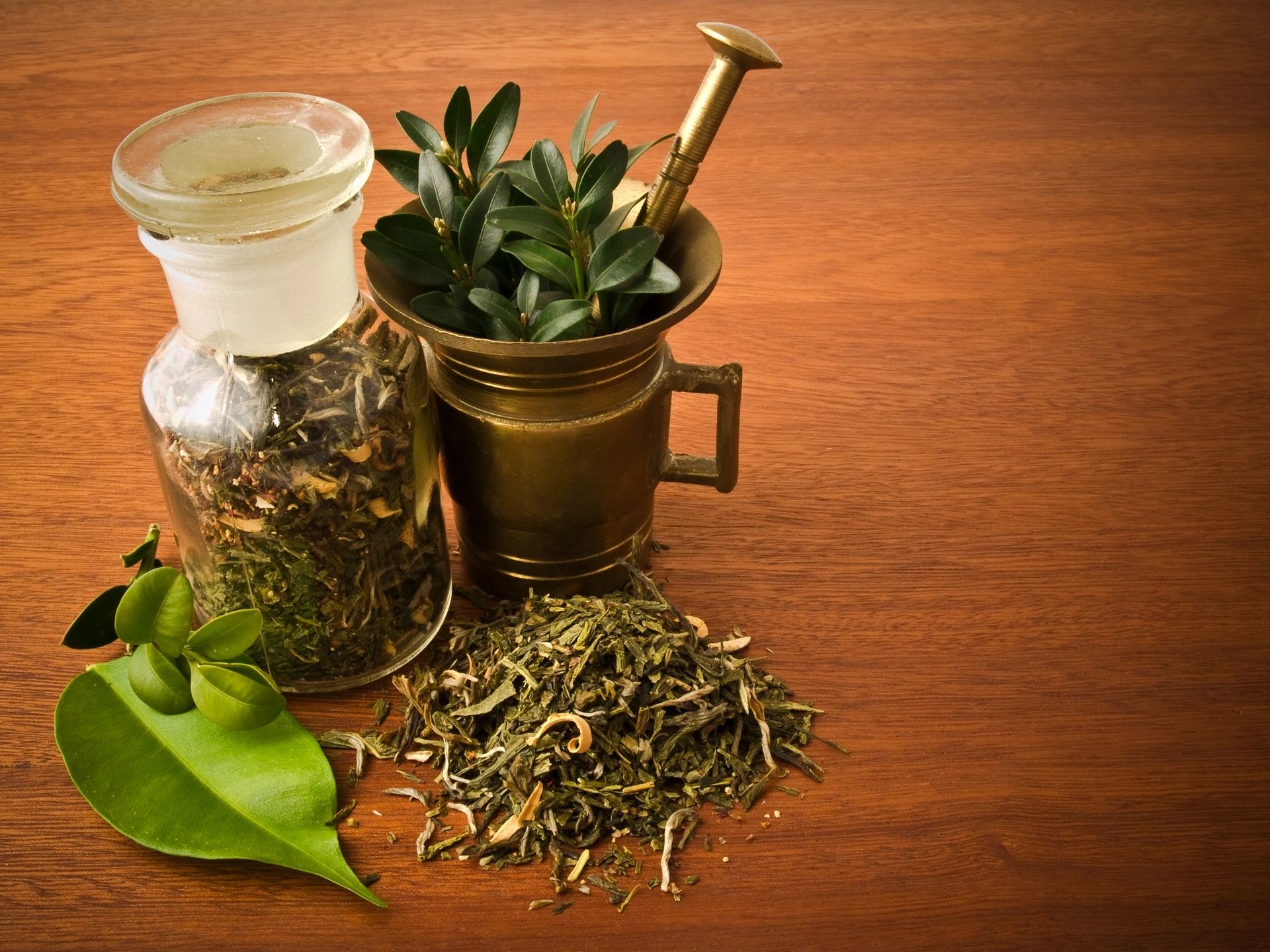SIBO and Diverticulitis
Dr. Claire Arcidiacono, ND
In this blog I wanted to talk about 2 conditions that may not seem related at 1st glance but are more closely related than you may think! These conditions are diverticulitis and SIBO (small intestinal bacterial overgrowth). In both conditions there is an overgrowth of bad bacteria. (1, 2) But just what is diverticulitis? What is SIBO? And what can you do if you are affected by these conditions? It is a lot to cover so let us get into it, shall we?
Let us start with diverticulitis. In diverticulitis there are small bulging pouches in the intestine. These pouches called diverticula are usually found in the lower parts of the intestines and normally the large intestine. In the case of diverticulitis these pockets have become infected or have an overgrowth of bad bacteria. (3) In contrast diverticulosis is where you have the pouches but there is not an overgrowth of bacteria. In this blog I will be concentrating on diverticulosis which is where you get the infection in the pouches. (1)
SIBO is also an overgrowth of bacteria. One of the differences between diverticulitis and SIBO is location. As I stated diverticulitis usually occurs in the large intestine and as the name implies SIBO occurs in the small intestine. (2) Another difference between the 2 disorders is the type of bacteria that are typically the cause of the infection. While in diverticulitis the bacteria found is typically the type thought of as “bad bacteria’ in the case of SIBO we can find the growth of what is typically considered normal or even “good bacteria.” (1, 2)
I know what you are thinking, this is great, but I am still confused! Well to make a long story short both SIBO and diverticulitis involve an overgrowth of bacteria. SIBO occurs in the small intestine and diverticulitis occurs in pouches typically in the large intestine or lower intestine.
Now what are some of the most common symptoms of diverticulitis? The most common symptoms include cramps, gas, bloating, and changes in bowel movements and blood in the stool. (4) You may also experience abdominal pain, nausea/vomiting, fever, and chills. Long term there may be a decrease in appetite which can result in weight loss. (5) The symptoms of SIBO are like diverticulitis! To start there typically are changes in bowel movements. With SIBO this change tends to run towards diarrhea more often than constipation. However, constipation does occur more often than you would expect. Therefore, in my professional opinion the presence of constipation should not automatically rule out SIBO. Other symptoms that are also like diverticulitis include gas, bloating, nausea/vomiting, abdominal pain and even loss of appetite and thus weight loss. Those symptoms more strongly associated with SIBO include fatigue, joint pain, insomnia, brain fog and even nutrient deficiencies such as low B12. (6)
When it comes to risk factors for diverticulitis and SIBO once again some of them are the same. For both diverticulitis and SIBO constipation or slow transit time can increase your risk. (7, 8) Anything that can increase the risk of constipation can increase the risk of both digestive concerns. For example, a low fiber diet and even a high meat diet. Other risk factors more linked to diverticulitis include extreme weight loss, advanced age, a genetic predisposition, and a condition called Ehlers Danlos syndrome. (7) There are also some factors that cause food to move more slowly through the small intestine thus they increase the risk of SIBO. These factors include low stomach acid, structural malformations of the small intestine, IBD, immunodeficiency and even certain medications. (8) Lastly as we all know stress and anxiety can lead to constipation thus increasing the risk of diverticulitis and SIBO. (7, 8)
What can you do to help with the symptoms of diverticulitis and SIBO?
- Garlic has been found in studies to help eliminate bacteria. (9) See Invite’s Aged Garlic and Probiotic for Women!
- Olive Leaf extract has also been found to help eliminate microbes in the body. (10). See Invite’s Olive leaf extract as well as our Renalaid formula!
- Probiotics are shown in studies to be a promising treatment option for lowering inflammation in the gut. (11). Please see Invite’s Probiotic Hx and Probiotic immune!
- L-Glutamine has been found in studies to promote healing in the digestive tract. (12) See Invite’s Amino Acid Growth Factors and GI Maintain for this amazing nutrient!
- Demulcent herbs are helpful in lowering inflammation, healing our GI tract, and reducing the incidence of opportunistic infection. This is important in working with SIBO and diverticulitis because the bacteria often cause inflammation. These demulcent herbs can include the following: DGL, Aloe Vera, Slippery Elm, and Marshmallow root. (13) Please see Invite’s G.I Maintain, Min Acid and DGL.
- Nucleotides, while not usually a supplement associated with the gut, have been found in studies to be helpful in working with boosting the immune system as well as promoting healing. (14) Please see Invites Nucleotide complex!
- Digestive enzymes can help to break down the food and help to replace the acid missing due to low stomach acid. Once again, this helps with the low transit time that is a risk factor for SIBO. (15) Please see Invite’s Digestive Hx and Prozyme digest.
Sources:
- surgicalconsultantsaurora.com/what-we-do/colon-surgery/diverticulosis-and-diverticulitis
- Johns Hopkins Medicine: “Small Intestinal Bacterial Overgrowth (SIBO).”
- https://www.ucsfhealth.org/education/diverticular-disease-and-diet
- Stefánsson T, Ekbom A, Sparèn P, Påhlman L (August 2004). “Association between sigmoid diverticulitis and left-sided colon cancer: a nested, population-based, case control study”. Scand J Gastroenterol. 39(8): 743–
- “Diverticular Disease”. www.niddk.nih.gov. September 2013. Archived from the original on 13 June 2016. Retrieved 12 June 2016.
- https://www.webmd.com/digestive-disorders/sibo-overview-what-is-it#091e9c5e81c61a6a-1-1
- Diverticulosis and Diverticulitis”. American College of Gastroenterology.
- Cleveland Clinic: “Small Bowel Bacterial Overgrowth.”
- https://www.ncbi.nlm.nih.gov/pmc/articles/PMC4458355/
- https://www.ncbi.nlm.nih.gov/pmc/articles/PMC5490280/#:~:text=The%20present%20stud
- https://pubmed.ncbi.nlm.nih.gov/27741164/
- https://www.ncbi.nlm.nih.gov/pmc/articles/PMC4369670/
- https://www.ncbi.nlm.nih.gov/pmc/articles/PMC6065514/
- https://www.ncbi.nlm.nih.gov/pmc/articles/PMC3146642/
- https://www.hopkinsmedicine.org/health/wellness-and-prevention/digestive-enzymes-and-digestive-enzyme-supplements







